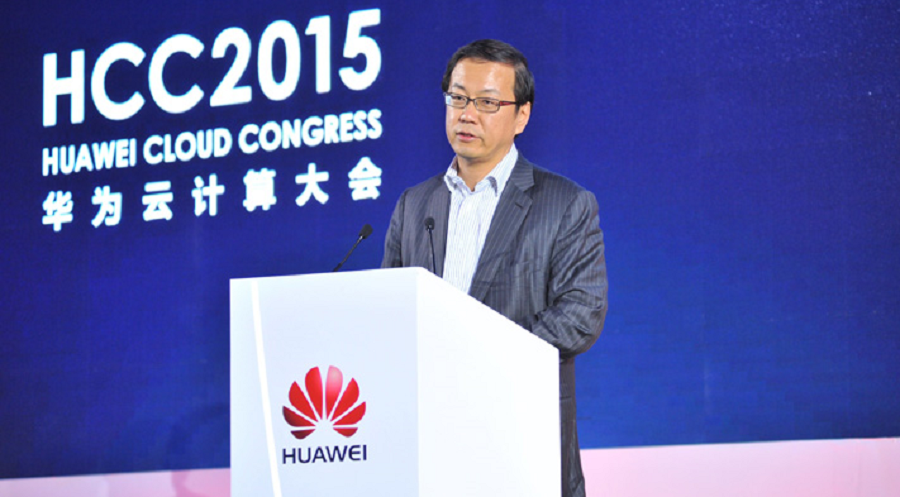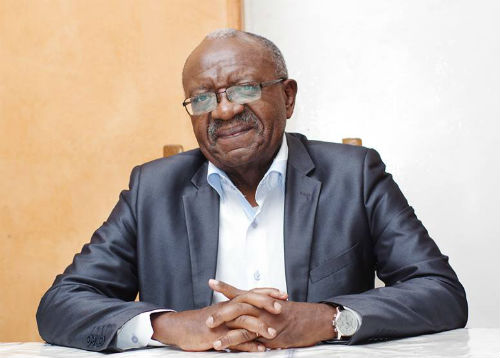(HUAWEI) – The digital era is here. With it come a host of exciting new technologies: cloud computing, ultra mobile broadband, IoT, Big Data… These powerful forces are reshaping entire industries and the way we live our lives.
Telecom operators across the world are now repositioning themselves as ICT service providers. Those that succeed will have access to vast new markets, as ICT becomes a vital link in every sector’s value chain.
But telecom operators will have to make radical changes. The digital user demands a ROADS experience: Real-time, On-demand, All-online, DIY, and Social. To adapt, operators must change their business models, improve O&M, build ecosystems, add new infrastructure, develop organizations and processes, and learn new skills.
Cloud computing will be a key driver of this transformation. IDC forecasts that cloud computing will be one of 2016’s IT megatrends. IT will shift from being a support service to a core production platform, as operators revitalize their closed, low-efficiency networks and shorten time-to-market (TTM). Open, agile, cloud-based networks will give them the power to seize swiftly-moving market opportunities (e.g., digital and cloud services).
As of December 2015, more than 20 top global operators – including Deutsche Telekom, Telefónica, MTN, China Telecom, and China Mobile – have begun cloud transformation.
The first step is to integrate isolated data centers into a single agile, efficient, scalable, and open distributed cloud data center (DC2), using virtualization and cloud technologies. Operators can then release open standard application platform interfaces (APIs), which will support the development of resource pools for B2B applications, traditional telecom services, and support services. These resources can be dynamically deployed and expanded to meet demand, for highly efficient use of IT resources.
With DC2 architecture, operators can roll out new services and applications fast. TTM for traditional operators is usually 2–3 months, from procurement order to hardware installation and software deployment. With DC2, hardware can be planned and deployed in advance. Rollout of a new service becomes a simple case of software installation/upgrade, and can be completed in just 1–2 days. In fact, we can foresee a time when new applications can go online at the click of a button. Operators will spot opportunities, find partners, and launch new services entirely online.
Cloud computing can also revolutionize O&M productivity. Today, every department and every region needs its own O&M team, with inevitable variation in ability and quality. As cloud infrastructure streamlines O&M, the number of servers a single engineer can handle will rise from ten to hundreds, or even thousands!
Cloud is redefining the way operators do business. It is powering the digital transformation. And it is carrying all of us towards a Better Connected World.
By Huawei









